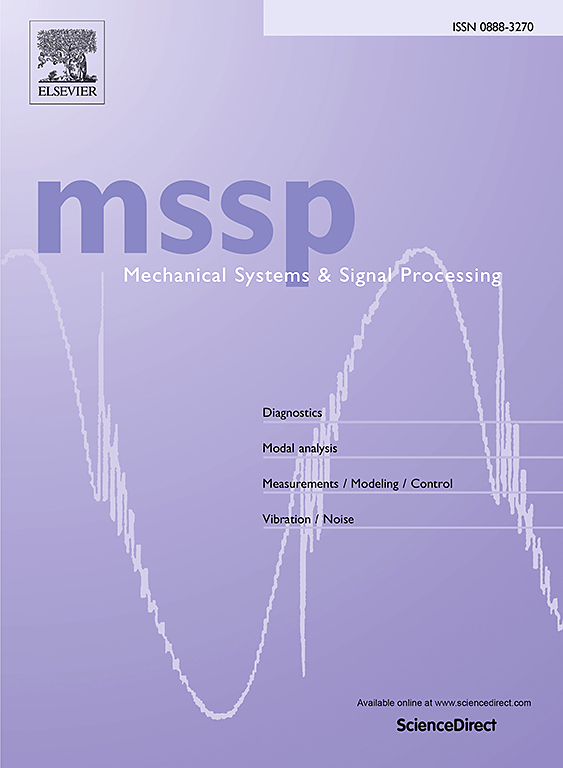A new Bayesian sparse polynomial chaos expansion based on Gaussian scale mixture prior model
IF 7.9
1区 工程技术
Q1 ENGINEERING, MECHANICAL
引用次数: 0
Abstract
Polynomial chaos expansion (PCE) is commonly used in uncertainty quantification as a robust meta-modeling tool for engineering applications. However, its practicality is limited by the exponential increase in computational costs that arise from the use of large input variable sets. To address this issue, researchers have introduced sparse PCE surrogate models. Among the various developed methods, a notable approach is the sparse PCE based on sparse Bayesian learning, commonly referred to as Bayesian sparse polynomial chaos expansion. In this study, an innovative Bayesian sparse polynomial chaos expansion method is presented by integrating an efficient sparse Bayesian learning algorithm based on Gaussian scale mixtures into the sparse polynomial chaos expansion. The efficient sparse Bayesian learning algorithm lowers computational costs by reformulating the joint objective function. The Gaussian scale mixture prior model encompasses two sparse-inducing priors, namely the Laplace and Student’s T prior. Consequently, two versions of Bayesian sparse PCE based on this model have been developed: one using the Laplace prior and the other using the Student’s T prior. Several experiments conducted on numerical and engineering examples validate the effectiveness of the proposed methods.
求助全文
约1分钟内获得全文
求助全文
来源期刊

Mechanical Systems and Signal Processing
工程技术-工程:机械
CiteScore
14.80
自引率
13.10%
发文量
1183
审稿时长
5.4 months
期刊介绍:
Journal Name: Mechanical Systems and Signal Processing (MSSP)
Interdisciplinary Focus:
Mechanical, Aerospace, and Civil Engineering
Purpose:Reporting scientific advancements of the highest quality
Arising from new techniques in sensing, instrumentation, signal processing, modelling, and control of dynamic systems
 求助内容:
求助内容: 应助结果提醒方式:
应助结果提醒方式:


